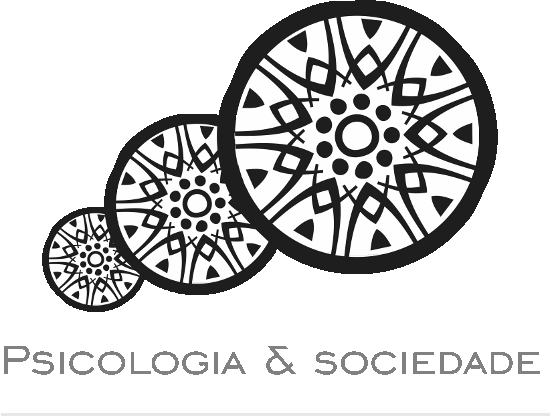The learning of attention is the problem this article is concerned with, assuming the notion of cognition as invention (KASTRUP, 1999). Within the context of contemporary cognitive sciences, we examine the investigations in which attention is conceived as the background of variation of cognition, rather than its manifestation as an act of paying attention. We analyze the relationship between attention and learning in the practice of becoming aware, as proposed by Depraz, Varela and Vermersch (2003), which includes the suspension of natural attitude, the redirection of attention to oneself, and modification in the quality of attention, which then, becomes an act of finding the virtual self, instead of an act of searching for information. The learning of attention is analyzed through a logic that is circular, temporal and collective. The differences between distraction and dispersiveness, and between concentration and focusing are discussed in relation to their role in inventive cognition.
attention; learning; becoming aware
